Welcome back, reading friends, to another month! As always, I hope this post finds you in good health and that you’ve been making progress toward your reading goals. There’s no denying that times are a bit turbulent right now. Wherever this post finds you and whatever circumstances you’re in, remember that books have provided humanity with an escape from the real world for millennia.
Rubicon by Tom Holland
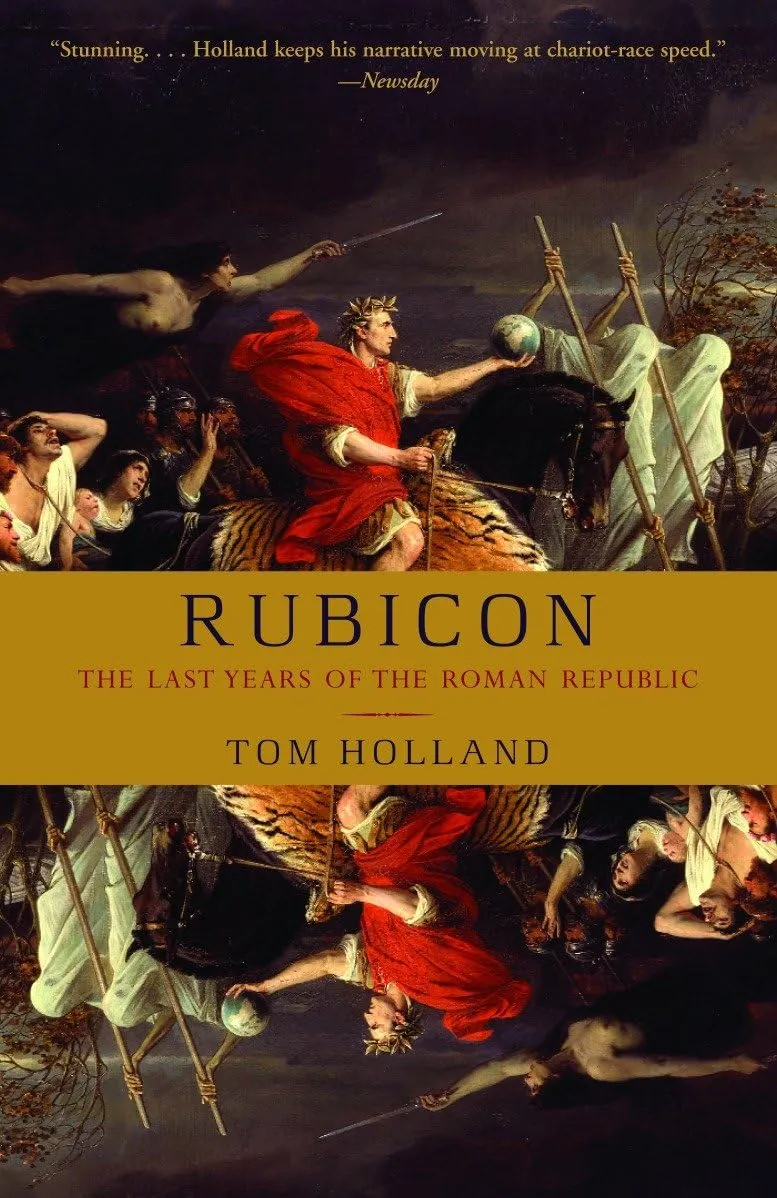
I must admit, it has taken me an unusually long amount of time to finish this book. I had a lot of other irons in the fire when I first started Rubicon and, admittedly, it got swept under the rug. I started reading this book because one of the book clubs I am in started it. I did not finish it with the club, sadly. Part of what took me a long time to finish Rubicon is the fact that I took a lot of notes throughout the book.
Holland explores centuries of Roman Republic history as he details the rise and, ultimately, the downfall with the installation of Octavian. He nicely highlights the idiosyncratic behavior of many top-level players in the Republic, such as Cicero, Cato, and Marc Antony. I’m happy to report that I learned a lot while reading this text. However, it’s important to remember that we’re essentially getting a “translation” of Holland’s interpretation of primary sources. This isn’t necessarily a bad thing, but I always encourage readers of historical works to be mindful of the differences between primary, secondary, and other types of sources.
I would describe Holland as a skilled writer with a passion for history. A quick search online will give you a broader perspective on how his work is received. As long as you understand the limitations of books like Rubicon, I believe you’ll gain much more from the text. Throughout my reading, I took notes that led me to research other sources, which enriched my understanding. That said, I want to be clear—I’m just a hobbyist historian, and analyzing sources at a scholarly level is not my area of expertise. I really enjoyed this book and I am happy that I finished it (finally.) 4/5 stars for me ⭐⭐⭐⭐
Dark Age by Pierce Brown
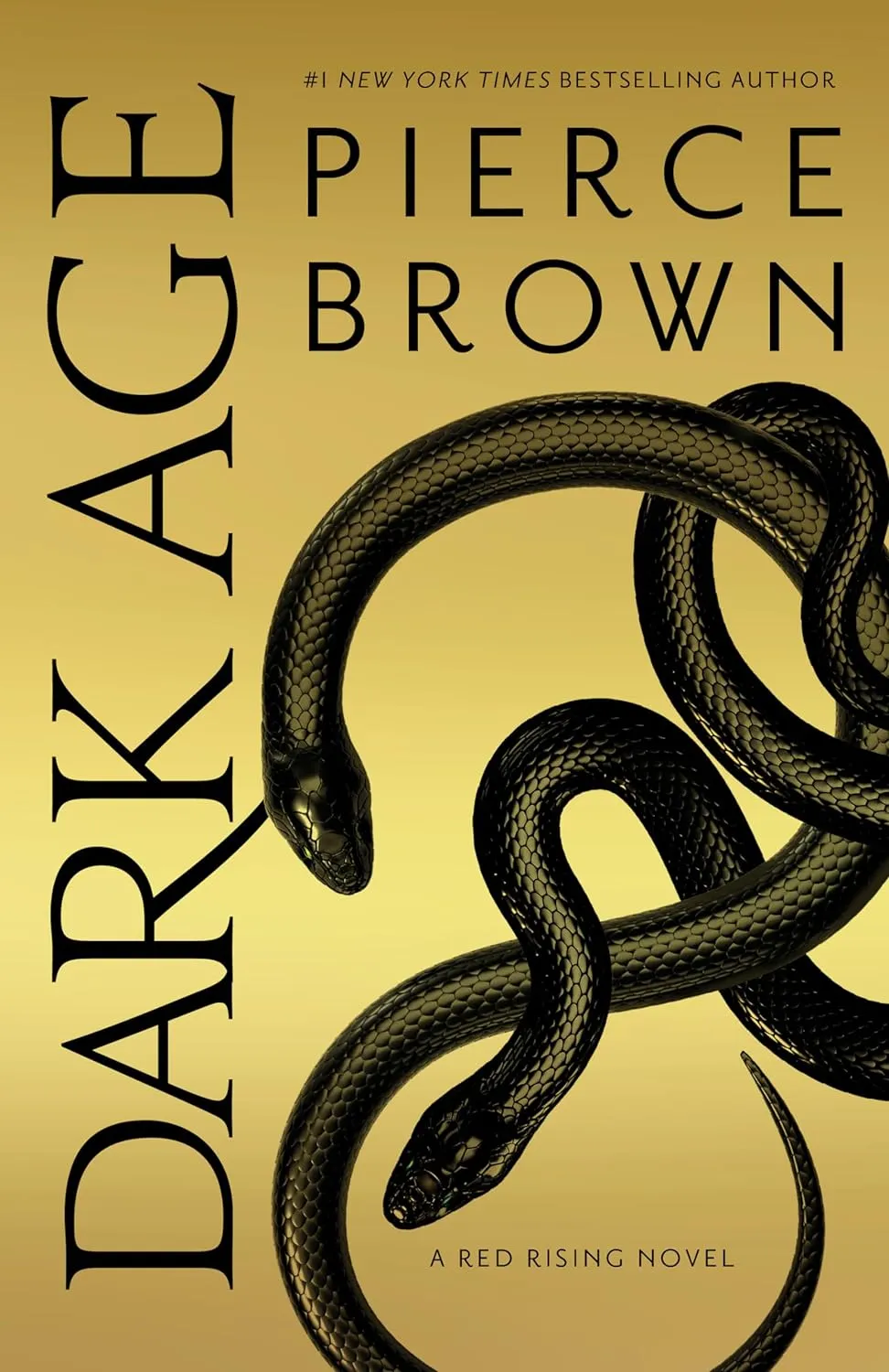
Dark Age was my next read in the incredible Red Rising series—and let me tell you, the title delivers on its promise. This book was dark. Brutal, relentless, and emotionally intense, it dives headfirst into the chaos of war and the toll it takes on every character we’ve come to know and love (or love to hate). (Looking at you Lysander!!!)
One of the standout elements of this installment is the world-building. Pierce Brown continues to raise the bar in how vividly he crafts the setting. The descriptions of the different planets, the massive ships, and the futuristic tech are not only imaginative but cinematic. It’s like you can feel the cold steel corridors of a torchShip or see the dust rising from a war-torn battlefield. His attention to detail makes the universe feel lived-in and tangible, and it pulls you in deeper with every chapter. It gave me a desire to visit space and think about the future of civilization and space travel.
That said, like many readers, I found the first half of the book to be a tad slow. This seems to be a pattern with the series—Pierce Brown takes his time laying the groundwork before unleashing pure chaos in the second half of his books. But even in those quieter moments, the tension simmers. The character dynamics, political maneuvering, and psychological unraveling of key players kept me hooked. The character deaths in this book are, likewise, brutal.
Once the action hits, it really hits. The second half is a non-stop rollercoaster of violence, betrayal, sacrifice, and impossible choices. It’s messy in the best way—no clean wins, no easy resolutions. Just war in all its moral complexity.
Despite the weight of it all, I couldn’t put Dark Age down. Brown pushes his characters to their absolute limits and dares the reader to keep up. It’s a harrowing read, but one that pays off emotionally and thematically if you stick with it. I. look forward to reading Light Bringer (the second to last book in the series.) 5/5 stars for me ⭐⭐⭐⭐⭐
The Evening and the Morning
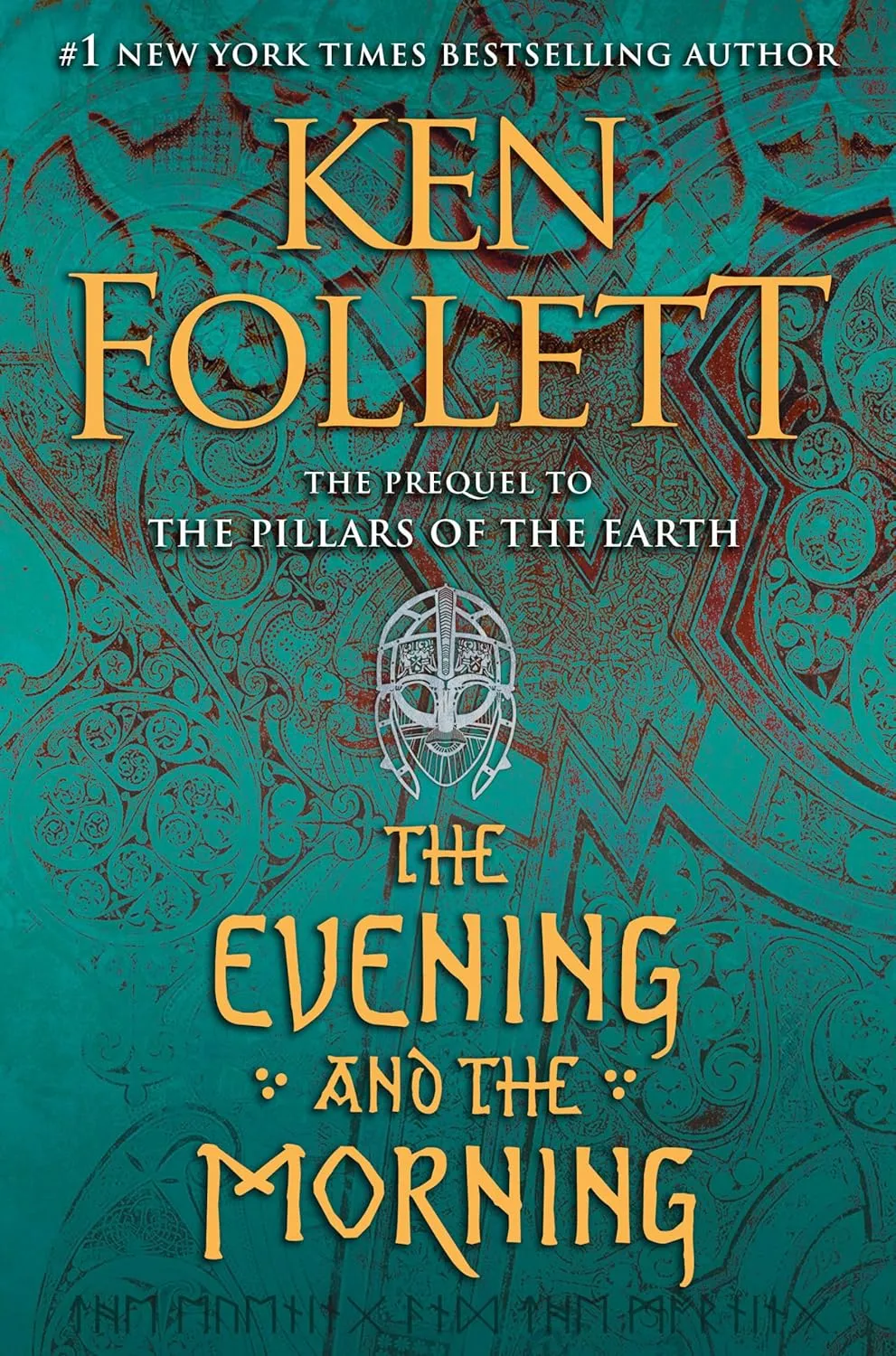
Oh man—another incredible read by Ken Follett, and this one is as tragic as it is gripping. The Evening and the Morning serves as a prequel to The Pillars of the Earth (which I reviewed last month), and it delivers everything I’ve come to expect from Follett: sweeping drama, richly drawn characters, and a visceral sense of despair and tragedy. This book is laced with the same sorrow, joy, and hard-earned hope that made Pillars such a powerful experience as a reader.
Set at the very end of the Dark Ages, this story takes place well before the events of Pillars, but the threads of continuity are there for returning readers. You don’t need to read it before Pillars of the Earth, but doing so offers a few satisfying Easter eggs—little nods and connections that cast long shadows into the future of Kingsbridge. It deepens the lore in a way that’s subtle yet rewarding.
As I hinted earlier, this novel does not shy away from tragedy. While it may not be quite as heavy or devastating as Pillars, there are still plenty of moments that leave you shaken—times when the sheer cruelty and injustice of the medieval world crash down on the characters. Follett has a way of making you care deeply about his characters, only to wrench your heart when they face inevitable hardship.
One of the things I admire most about Follett’s writing is his ability to portray the brutality of the Middle Ages without glorifying it. You feel the weight of every injustice—whether it’s corrupt lords or bishops abusing their power, the crushing burden of slavery, or the brutal consequences of defying social norms. But at the same time, he shows us the strength of resilience, the brilliance of innovation, and the endurance of love in a world that seems bent on crushing it.
One thing that I found strange about this book was the lack of Viking lore and content. The book is advertised as being set in the Viking era and I thought there would be a lot more battles and raids. The Vikings are sort of an afterthought to the reader. This wasn’t a deal breaker, but just be aware that this is not a Viking book with intense battles.
If you’re already a fan of Follett, this book is a must-read. And if you’re new to the Kingsbridge series, The Evening and the Morning is a great entry point. I will be continuing my journey by reading World Without End. 5/5 stars for me ⭐⭐⭐⭐⭐
White Rage: The Unspoken Truth of Our Racial Divide by Carol Anderson
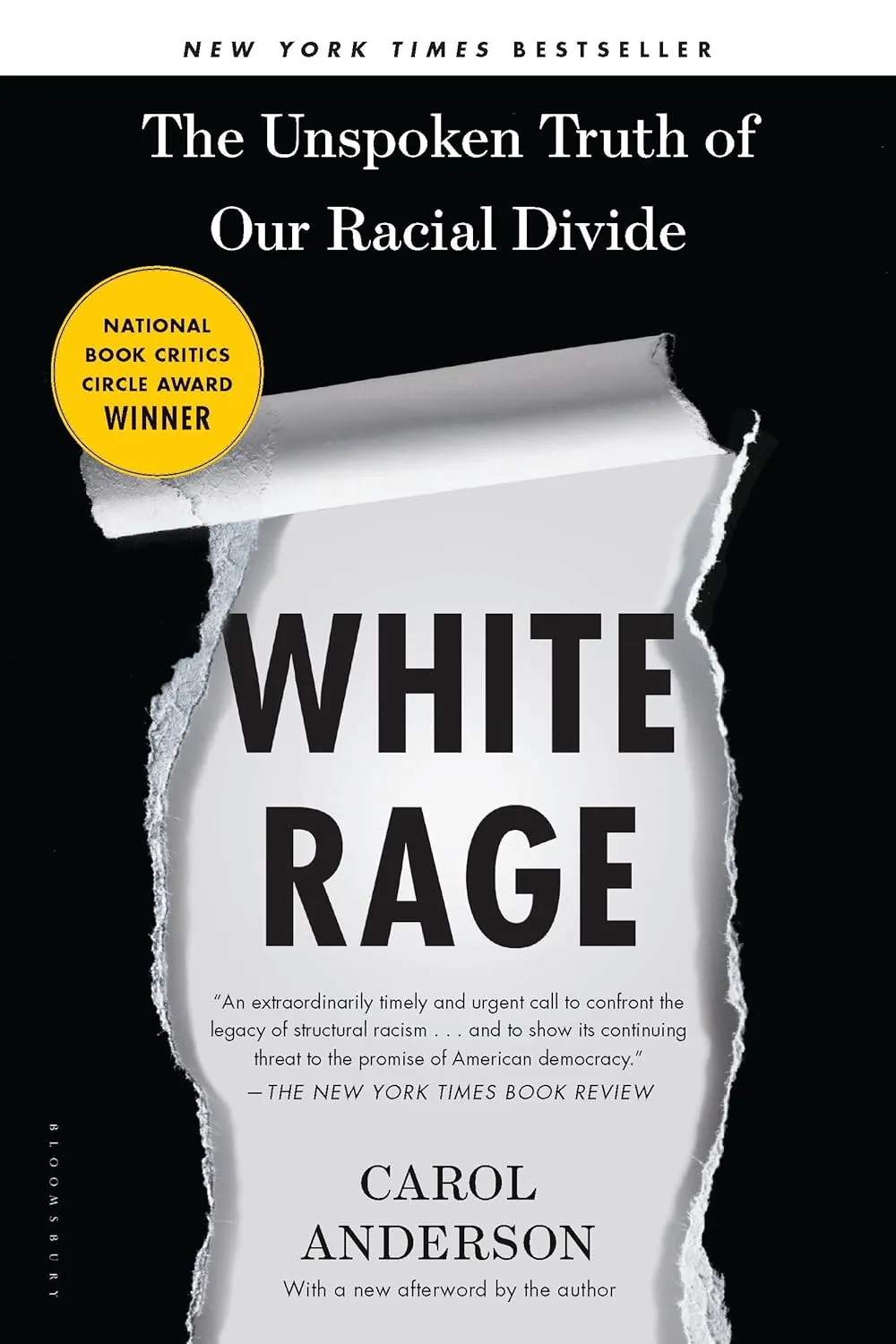
If there’s one book I could wish everyone would read, it’s this one. White Rage came across my desk by chance—just a random recommendation I found online. But from the very first chapter, I knew it was going to reshape how I understood American history. I’ve long wanted to learn more about the real state of Black American rights in 20th-century America. This book didn’t just help me do that—it peeled back the layers of narrative we’ve been taught to believe, revealing the gap between what history claims happened and what truly did in the aftermath of the Civil War and Reconstruction.
I have to admit: before reading this, I believed that legal victories—amendments, rulings, desegregation—marked a genuine turning point in improving the quality of life for Black Americans. I was wrong. Not only did most Southern states circumvent the rulings; some just chose not to follow them.
To be clear, this isn’t my area of expertise. I came into this book as uninformed as many other White Americans likely are. But White Rage does not let you look away. It reveals the sobering truth that Supreme Court rulings and constitutional amendments did not magically translate into justice or equity. Yes, Black American students were legally allowed into formerly segregated schools—but that didn’t mean they received an equal education. In many cases, their schools were grossly underfunded, overlooked, and intentionally sabotaged. Furthermore, post-Civil War Southern states circumvented new laws through Black Codes, vagrancy laws, and convict leasing.
We are taught in school the impact of Brown vs. Board of Education and yet, many Southern states did everything in their power to delay or circumvent integration. Again, these are things that I have never really thought about before. We are taught that these rulings were simple and ‘got the job done’ in terms of equality. This is so far from the truth.
This is where the crucial distinction between equality and equity becomes clear. Just because the law says you’re equal doesn’t mean you have access to the same opportunities or resources. While reading, I found myself returning to a simple mantra: equality only works if laws are enforced and upheld in good faith. That wasn’t the case in history—and sadly, it often still isn’t today.
Checkout my full review of White Rage here
This book challenged many of my own assumptions, and I hope it does the same for my readers. These are the kinds of conversations we need to be having in America. Too often, from the comfort of our gated communities and white-collar suburbs, we ignore the slow erosion of rights and the blatant disregard for equity happening all around us. It’s time to rip the band-aid off. 5/5 stars for me ⭐⭐⭐⭐⭐
The Autobiography of Malcolm X
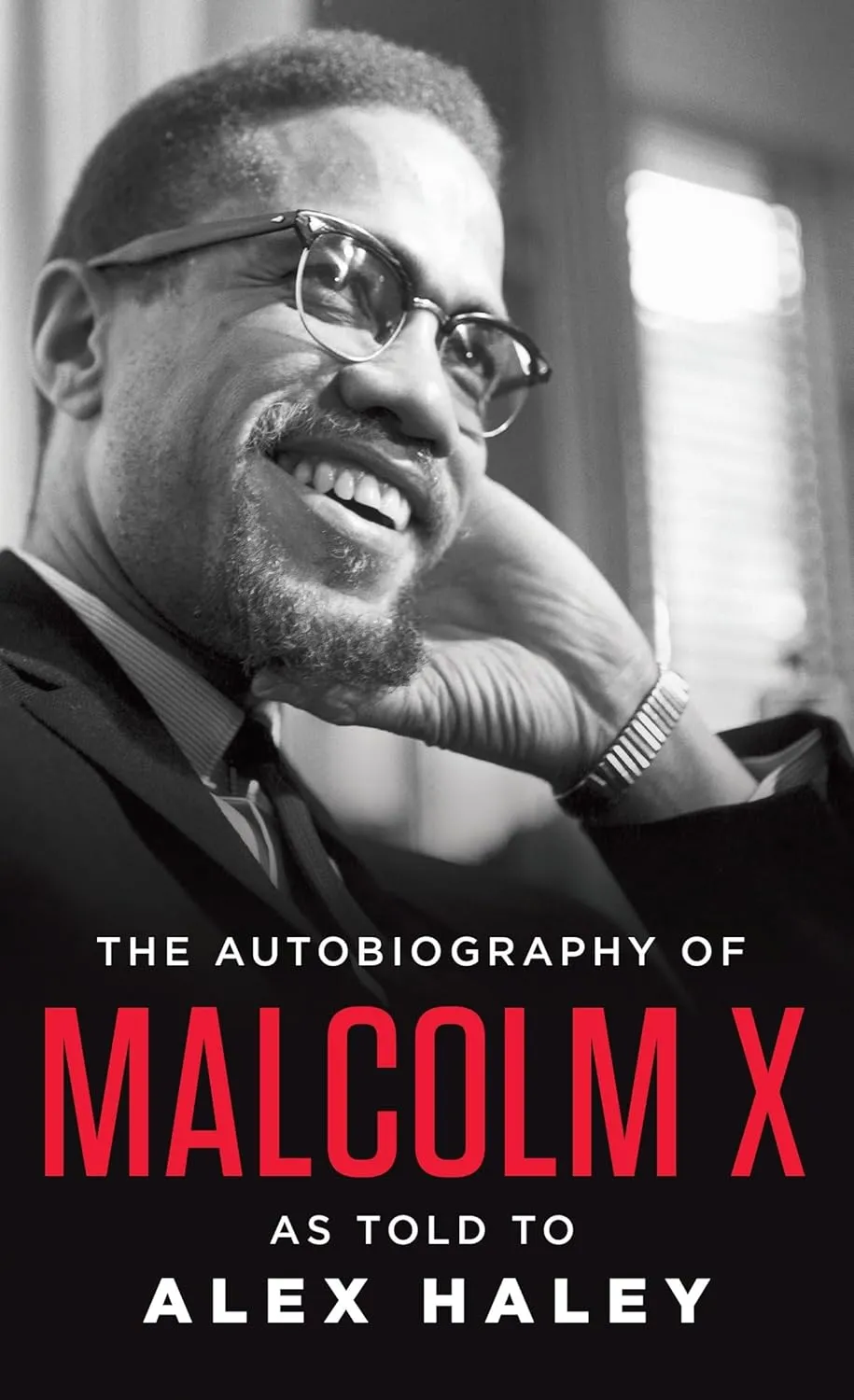
Before picking up The Autobiography of Malcolm X, my understanding of Malcolm X was largely shaped by a superficial awareness of his role in the Black freedom struggle of the 20th century—a simple acknowledgement of his ‘involvement’ alongside figures like Martin Luther King Jr. However, both X and MLK had wildly different approaches to their movements. Reading this book swiftly and powerfully illuminated why X receives significantly less attention in the historical narrative. Where King’s approach centered on integration and appealing to the moral conscience of white America, Malcolm X offered a radically different path. He passionately argued that Black Americans needed to forge their own distinct class consciousness and, crucially, a unique national identity, independent of assimilation. This wasn’t simply a matter of disagreement; it represented a fundamental divergence in vision.
Although this book is deemed an autobiography, it is, in the view of Alex Haley, actually a ghost-written one—Haley extensively interviewed X about his life up to his death. This didn’t take away from the book, and it is written in the first-person perspective of Malcolm X. I just thought I would mention it!
I read this book shortly after finishing White Rage (reviewed above), and the frustrations of the fight for civil rights were fresh in my mind. I think that Malcolm X laid bare the harsh reality of Black suffrage in America: it wasn’t working fast enough. X was keenly critical of Black Americans who attempted to assimilate into white culture—a practice he himself had engaged in during his youth, attempting to change his hairstyle and manners to cater more to white Americans. This was a stark contrast to civil rights leaders, like MLK, where integration remained the central focus. Through the eyes of Malcolm X, one can feel the frustration and the threadbare patience of many Black Americans.
You watch. I will be labeled as, at best, an “irresponsible” black man. I have always felt about this accusation that the black “leader” whom white men consider to be “responsible” is invariably the black “leader” who never gets any results.
Malcolm X
Malcolm X had a few distinct shifts in his beliefs. During his stint in prison, he became a member of the Nation of Islam, eventually becoming a major leader in the organization. Malcolm X experienced a dramatic shift after his pilgrimage to Mecca; it is here that we begin to see an ideological shift. Notably, during this time, X was shunned by the Nation of Islam, and his life was in danger.
As this is a general review post, I won’t delve into much more detail. I encourage my readers to explore the distinct differences between Malcolm X and MLK to gain a deeper understanding of how their approaches to civil rights differed. This book was a fantastic read, and I wholeheartedly recommend it – five stars! It was particularly approachable for someone new to the civil rights movement and figures like Malcolm X. 5/5 stars for me ⭐⭐⭐⭐⭐
The Rise of Rome: The Making of the World’s Greatest Empire by Anthony Everitt
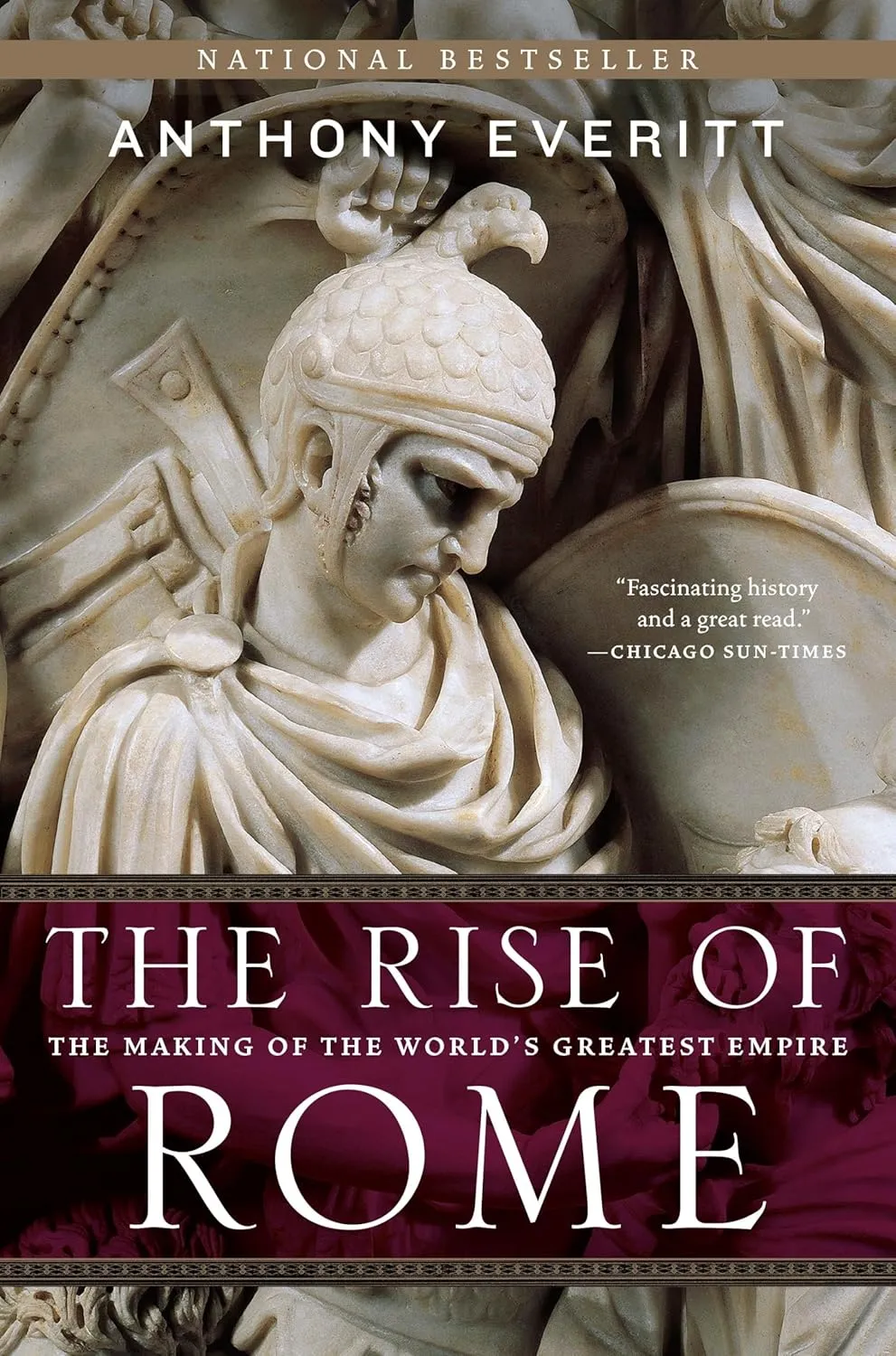
It feels like I’ve been stuck on the Roman Republic train lately, and this month, I realized I needed a shift. After a significant pause from Rubicon, which focused so intensely on the final, dramatic days with Julius Caesar, I wanted a broader perspective. The Rise of Rome has been lingering on my reading list for quite some time. While Rubicon brilliantly captures the urgency and political maneuvering of Caesar’s ascent, The Rise of Rome offers a much-needed comprehensive history of the entire Roman Republic, detailing its foundations, its expansion, and its inherent struggles. It’s a welcome change of pace and provides a vital context to appreciate a book like Rubicon. With that in mind, I don’t want to leave my readers with the idea that they need to read both! That is not the case.
The Rise of Rome is a quick read and is approachable for most audiences. Readers may be able to get through the text without a prior engagement in the history of Ancient Rome. I recommend having a notebook nearby to capture any details that interest you or a specific event that you may want to research. In my notes, I detailed the Macedonian wars, in which both factions waged war against one another. Previously, I had skimmed over it in a previous text. I am a fan of Alexander the Great history, and seeing the Macedonian wars featured in Everitt’s book was a bonus! Overall, I think The Rise of Rome is a great read. I have read other texts by Anthony Everitt, and I greatly enjoy his ability to convey dry scholarly resources into a format that hobby historians can enjoy. 4/5 stars for me! ⭐⭐⭐⭐
Thanks so much for checking in! As I’m wrapping up my spring semester and navigating a busy schedule, my reading time has been limited lately. If you do get a chance to read any of the books I’ve read this month, I’d love to hear your thoughts in the comments below. Likewise, please feel free to share any recommendations you might have! Happy reading, and I’m looking forward to seeing you all back here next month.
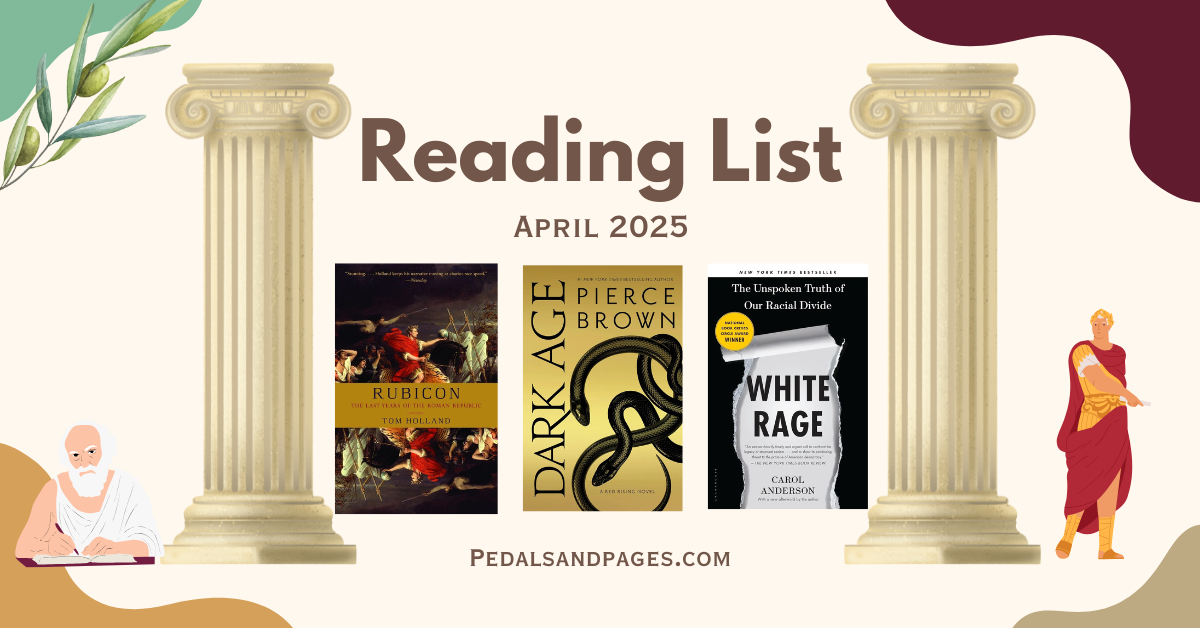

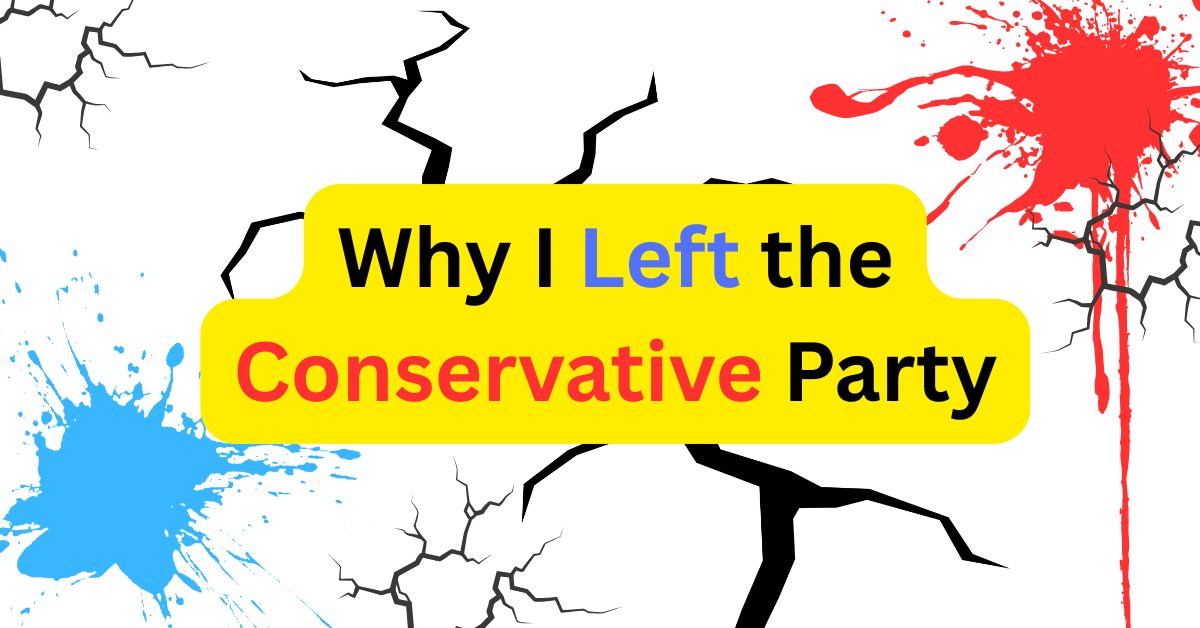
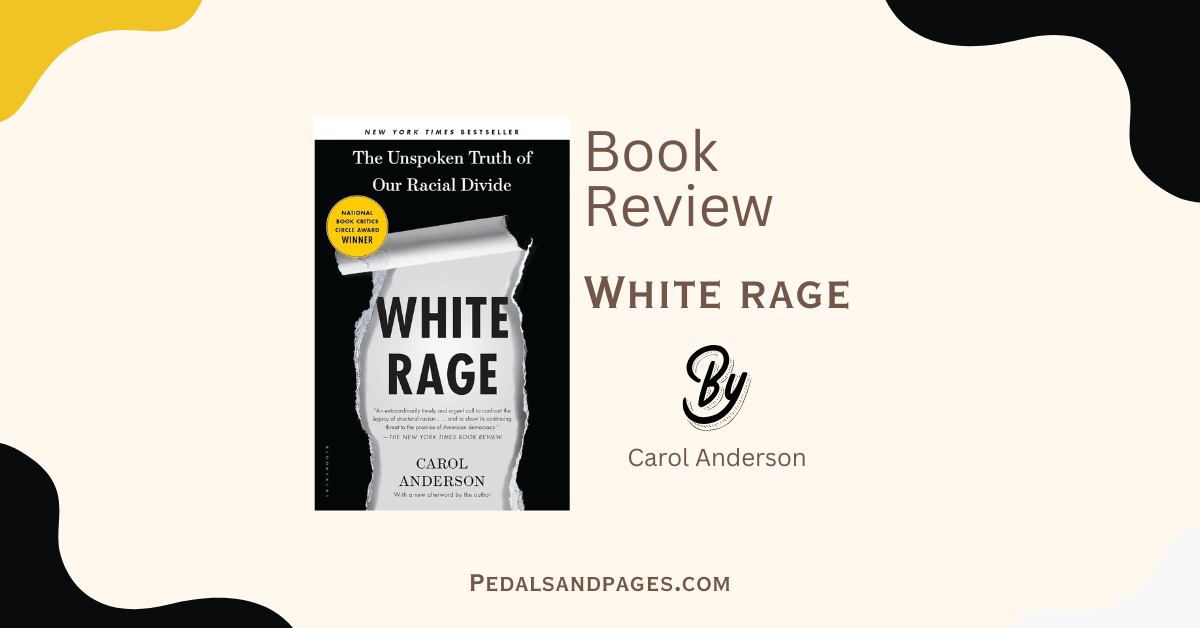
Leave a Reply